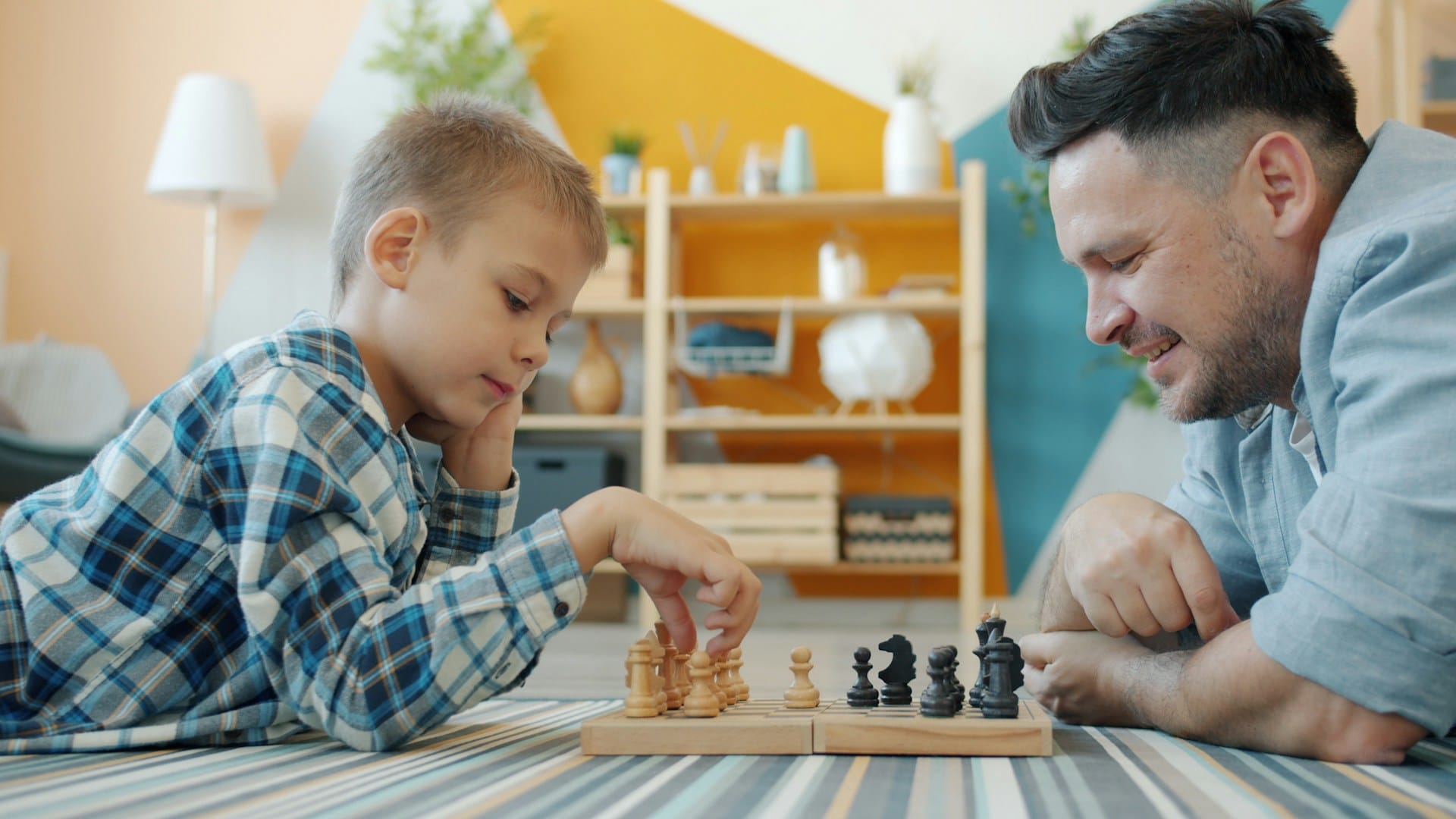How Can Anger Management in Children Be Helped With Counseling?
What are your evenings at home characterized by? Are you exhausted from the anticipation of your child having another bad day at school? Have you tried positive reinforcement, pep talks, consequences, and times out with no luck? Do explosive emotions, angry outbursts, meltdowns, meanness, tantrums, and aggressive behavior characterize the life of your child? The Need for Anger Management in Children These scenarios might lead parents to seek out the help of a counselor for their child and family. Honestly, even as adults, anger can sometimes get the best of us. Anger can quickly overwhelm us and cause destructive patterns of emotional response. The interesting thing about anger is that it is often a secondary emotion, meaning that there are likely other primary feelings that are hiding underneath the display of anger that need to be identified to bring change to the cycle of negative emotions and behavior. Counseling for anger management and other destructive emotional behavior patterns in children will often begin with psychoeducation. Simply put, initial counseling sessions are used to educate the client about a wide array of emotions. For children, this must be done in an environment where they feel safe and seen. Parents need to find a therapist that they feel comfortable with and one that can build relationally with their child. Approaches to Anger Management in Children Once care is established, you can say, “Let the games begin.” There are many games and activities available to help children begin to learn more about what and why they are feeling so much anger and outrage. Approaching therapy this way with children will allow them to avoid feeling like therapy is punitive. Therapy will allow children who are struggling with big emotions to safely explore all feelings. Over time, children will be able to identify [...]



